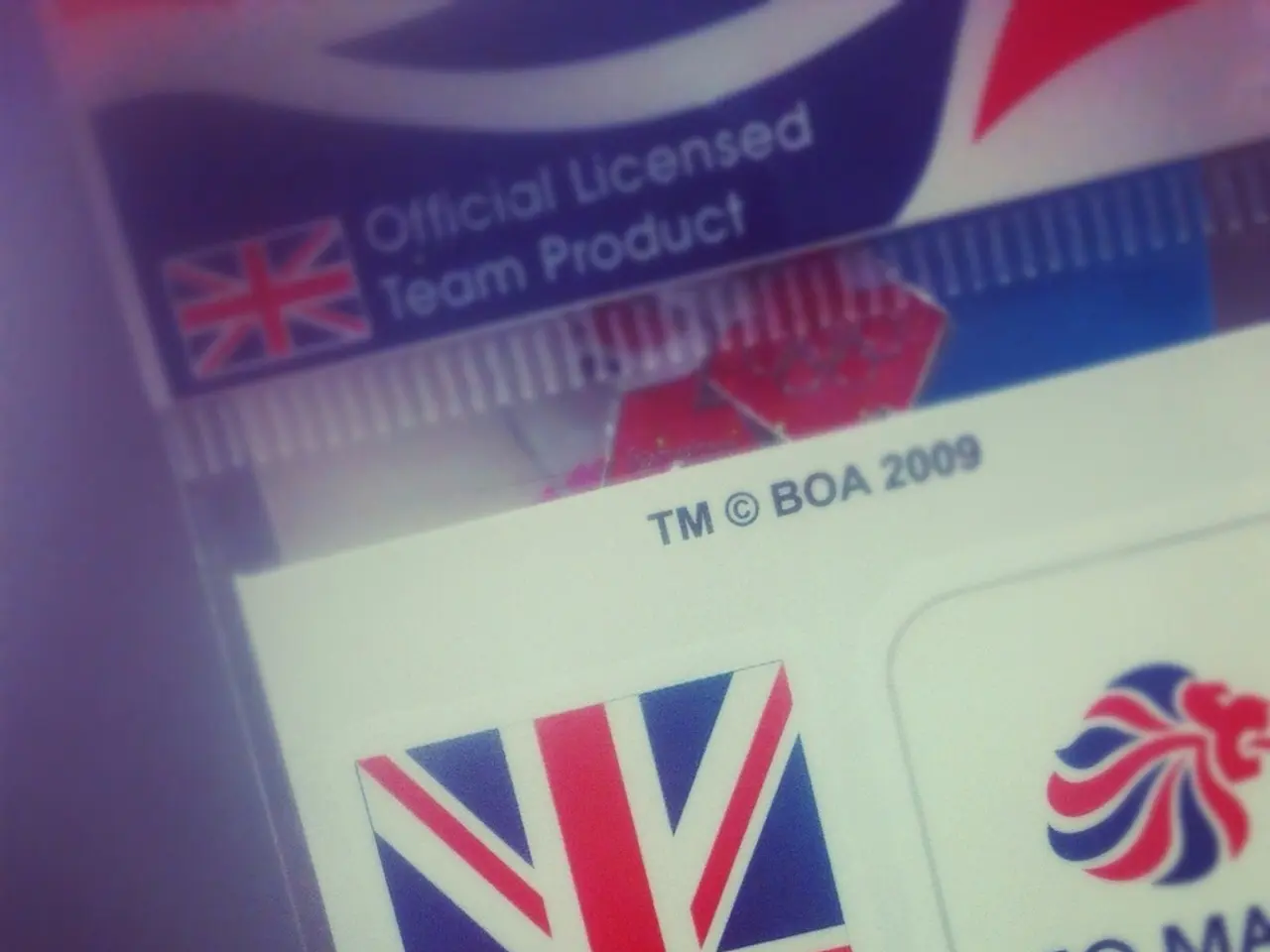Exploring Credit Card Applications - Bank-Specific Guidelines on Credit Limits, Bonus Eligibility, and Additional Details
In the world of credit cards, each issuer has its own set of rules and guidelines that applicants need to be aware of. Here's a breakdown of the current policies for some of the major issuers.
**Barclays** Barclays operates under a 6/24 rule, which means if you have more than six new accounts on your credit report in the last 24 months, it may impact your chances of being approved for a new card.
**U.S. Bank** U.S. Bank has a unique rule for its U.S. Bank Altitude Reserve Visa Infinite card. To be approved, you must have a prior relationship with the bank.
**Chase** Chase does not officially restrict the number of credit cards you can hold, but they do apply a cap on the overall credit limit they are willing to extend to you. They also typically will not approve you for more than two of its credit cards in a single month, whether business or personal cards are considered separately.
**Bank of America** Bank of America has two rules: the 7/12 rule and the 3/12 rule. If you have a bank account with Bank of America and you've opened seven new cards in the past 12 months, your application will be denied. If you do not have a Bank of America account and have opened three new cards in the past 12 months, your application will also be denied.
**Discover** Discover does not have any rules or guidelines regarding card applications.
**Wells Fargo** Wells Fargo has a rule that if you opened a Wells Fargo Credit Card account within the last six months, then you may not qualify to open an additional Wells Fargo Credit Card account.
**Citibank** Citibank has rules for personal and business cards. For personal cards, you can have a maximum of one personal card every eight days and no more than two in a 65-day window. For business cards, you can have a maximum of one business card every 95 days.
**Chase** Chase will set a credit limit in relation to your stated income on your applications. They also have the 5/24 rule, which states that if you've opened five or more credit cards with any issuer over the past 24 months, you will be denied from all credit cards in the Chase portfolio with near certainty. However, in some cases, Chase business credit cards will not count towards the 5/24 rule.
If you find yourself rejected for a card because you've already been extended too much credit, you can call the reconsideration line and ask that Chase transfers some of your credit limit from your current cards to the new card. If you receive a welcome bonus on a Chase card, you must wait at least 24 months before being eligible to receive the bonus again, with exceptions for some "family cards."
**Wells Fargo** Wells Fargo does not limit the number of cards you can hold, but they are concerned with the total amount of credit a cardholder has. You must wait 16 months between receiving the welcome bonus on its cards. However, since personal and business cards are separate, you can get one personal card and one business card within 16 months.
**Capital One** Capital One will only approve you for one credit card every six months, and this applies to both personal and business credit cards.
**American Express** American Express restricts welcome bonuses to once per lifetime card. As of mid-2025, American Express no longer discloses welcome bonus amounts upfront. Instead, applicants see a teaser—e.g., “as high as 175,000 Membership Rewards® points”—but are not told the actual offer until after entering their information and completing (but not accepting) the application. You can view your personalized offer before accepting the card and before a hard credit inquiry is triggered. American Express enforces a strict policy that you can only earn a welcome bonus on a particular card once in your lifetime, regardless of whether you close the card and reapply later.
There are no effective, reliable workarounds to earn multiple bonuses on the same Amex card under current guidelines. However, some users report receiving targeted upgrade offers on existing Amex cards, but these are distinct from new-application bonuses and not guaranteed. You can earn bonuses on different Amex cards (e.g., Platinum, Gold, Green), but not on the same card product twice, even if you close the original account.
In summary, each credit card issuer has its own set of rules and guidelines that applicants need to be aware of. Understanding these rules can help you navigate the application process and increase your chances of approval.
- In the realm of personal-finance, it's crucial for individuals to comprehend various banking-and-insurance rules and guidelines, especially in the industry of credit cards.
- Some issuers, such as Barclays, U.S. Bank, and Wells Fargo, have specific rules for applicants, like the 6/24 rule for Barclays or the 7/12 and 3/12 rules for Bank of America.
- On the other hand, understanding business-related rules is equally important, as seen with Citibank, which has different rules for personal and business cards – one personal card every eight days, and one business card every 95 days.
- Awareness of investment-related policies can also yield benefits, like Capital One’s rule of only approving one credit card every six months, applicable to both personal and business cards.
- Additionally, knowing critical details like American Express's lifetime restriction on welcome bonuses can help in making informed decisions regarding personal-finance and investing, like earning multiple bonuses on different Amex cards but not on the same card product twice.




